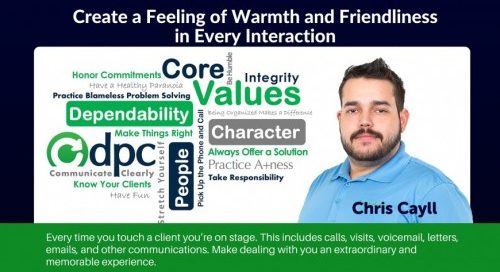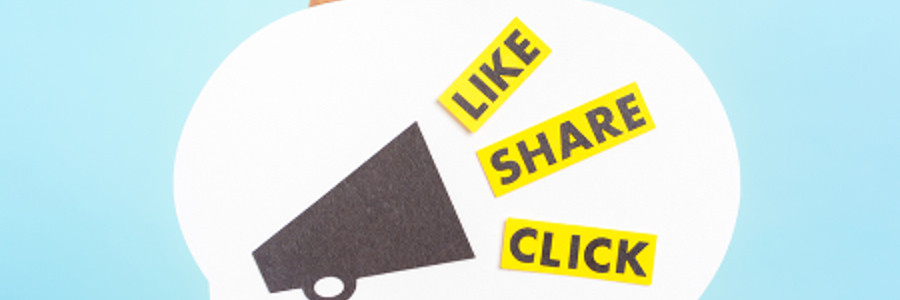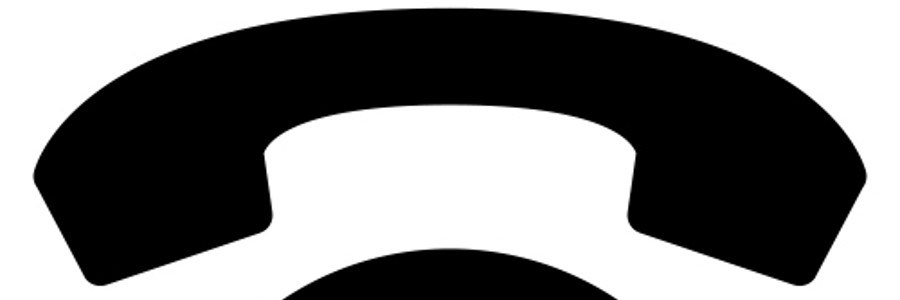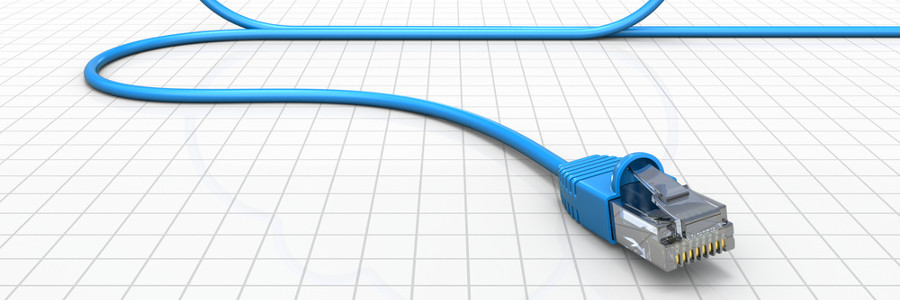At DentalPC, we believe our values represent who we are as a company and how we treat our customers. These values are the foundation of our success and reflect our commitment to providing world class IT support. Our Core Values drive our company culture and influence each and every interaction with our clients, our team, and our vendor partners.
DPC Core Value / Behavior: Create a Feeling of Warmth and Friendliness in Every Interaction





